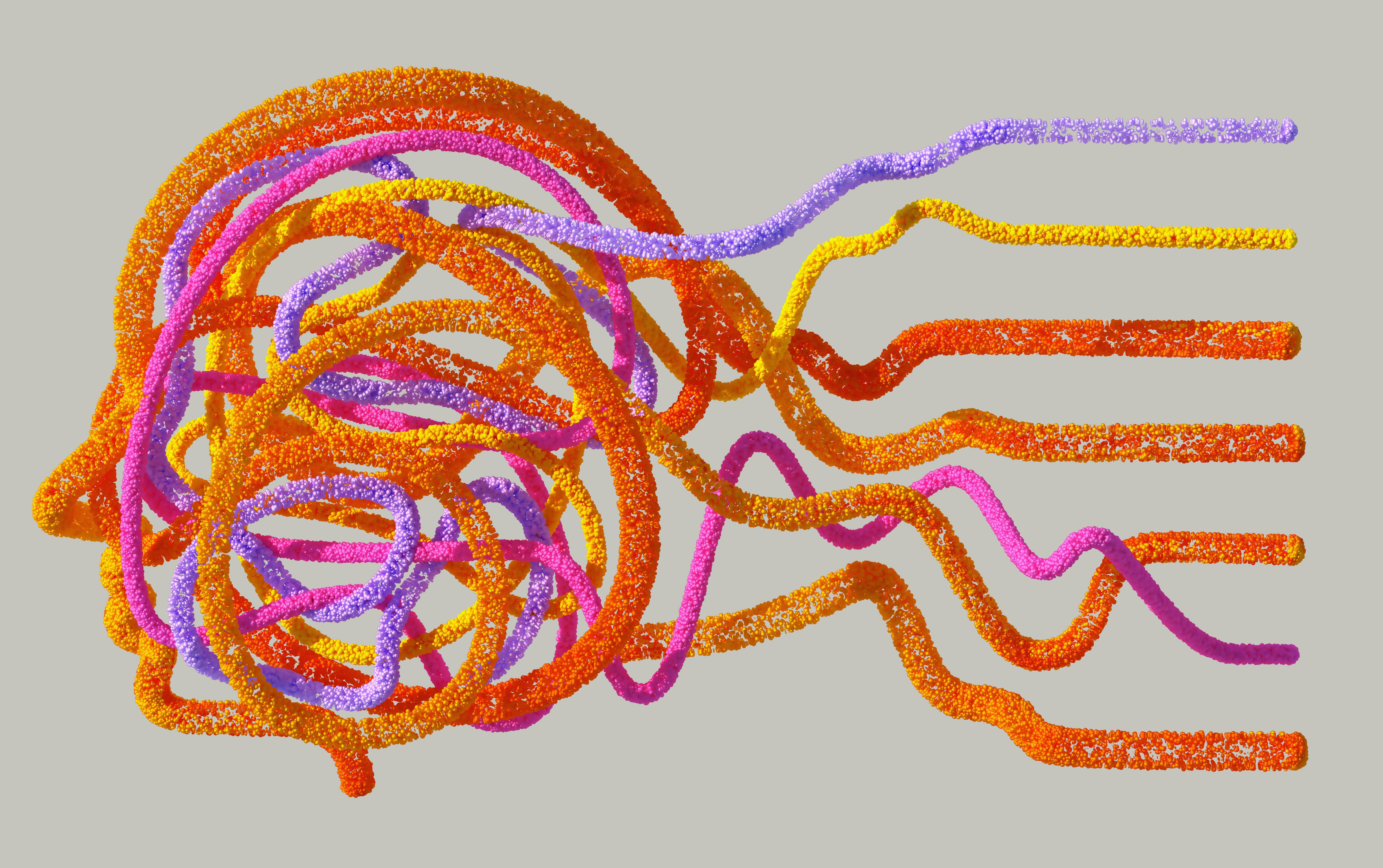Feeling Foggy, Frustrated or Flat? Your Brain Might Be Trying to Tell You Something

ISABEL HOOD, International Nutritional Consultant, gives us insight into how we can look after our brains by eating well
Why Looking After Your Brain Starts with What's on Your Plate
May is Mental Health Awareness Month — a gentle reminder to check in with ourselves and ask:
How am I REALLY feeling?
Not just emotionally, but physically too. Because if you've been feeling anxious, tired-but-wired, irritable, forgetful, or simply not yourself — there may be more going on beneath the surface. Mental health and physical health are deeply connected, and one of the biggest missing links for many of us is NOURISHMENT.
You don't need to be in a high-powered job or juggling family responsibilities to feel stressed or overwhelmed. Whether you're 25 or 75, lifes daily pressures can quietly take their toll. And when stress becomes a regular feature of life — it doesn't just affect your mood. It affects how your brain works.
Chronic stress impacts:
- Memory and focus
- Sleep patterns
- Energy levels
- Digestion and appetite
- Even how we handle everyday decisions and emotions
And here's the part many of us don't realise: when we're under stress, our nutritional needs increase dramatically. The brain burns through nutrients like magnesium, B vitamins, and healthy fats to keep us calm, focused, and balanced. But stress also disrupts digestion, so even if you're eating relatively well, your body might not be absorbing what it needs. On top of that, stress often drives us toward comfort foods sugar, caffeine, biscuits, wine which give us a quick boost but often leave us feeling worse afterwards. This can result in a vicious cycle of stress leading to poor food choices leading to low brain function which leads to more stress.
But this cycle CAN be broken.
Creating a fit brain isn't about crossword puzzles or memory apps. Its about nourishing your brain, giving it the right tools to cope, to bounce back, and to function at its best — at any age. Because food isn't just fuel. Its a set of instructions. It influences how we think, feel, sleep, move, and cope. So if youve been feeling off lately forgetful, frazzled, low in energy or motivation don't dismiss it. Your brain might simply need better building blocks. Supporting brain health doesn't have to mean giving up the things you enjoy or following a rigid diet. In fact, some of the most powerful changes are the smallest ones — simple shifts which help your brain to stay strong, sharp, and resilient.
Here are a few small shifts that can make a big difference:-
- Swapping out sugary breakfast cereals for a protein-rich start like eggs, oats with nuts and seeds, or even a smoothie with a spoonful of almond butter
- Including oily fish like salmon or mackerel a couple of times a week or adding flax, chia, or walnuts if you prefer plant-based options
- Drinking water consistently through the day instead of relying on caffeine to push through
- Taking a proper lunch break (yes, really!) and choosing real food over snacks which come in a wrapper
- And adding more colour to your plate think roasted vegetables, leafy greens, berries the kind of foods which really support a fit, resilient brain
Isabel Hood
www.isabelhoodnutrition.com
www.linkedin.com/in/isabelhoodnutrition

